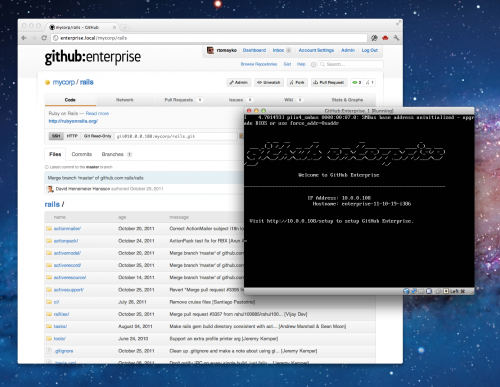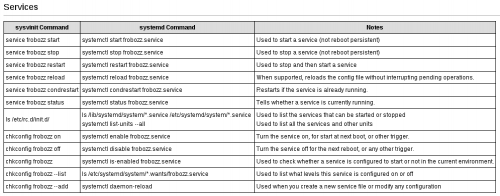
GitHub – the place to host and manage your source code – announced the release of GitHub Enterprise. GitHub Enterprise is a self-hosted version of GitHub. What I find the most interesting is the pricing.
GitHub Enterprise is priced at $5,000 per 20 users, per year. It comes with everything you need in one tidy package: code browsing, code review, issue tracking, wikis. No extra software to buy, no extra software to install, no extra software to manage.
The target is not on the disk space (understandable, with your own severs) or private repositories, but on the number of developers. $5,000 per 20 developers per year is $250 per developer per year, or about $20 per developer per month. That’s not too much, especially when compared with the salaries paid to the same developers each month. A fraction of the salary.
So, not only GitHub Enterprise is an excellent option for those companies that cannot use third-party hosting for source code, but it is also a Christmas present for those companies that work on a lot of projects. With private repositories, the price of a regular GitHub organizational subscription can go up pretty fast. With GitHub Enterprise you’d be able to have everything in-house for a tiny fee, compared.
It’ll be interesting to see how well this business will go for GitHub. It sounds viable to me. Convenient and not too expensive. With easy OVF-based installation, that would work on many virtual machines (VMware, VirtualBox, etc), with additional features for enterprise integration (LDAP!), I don’t see why not.


